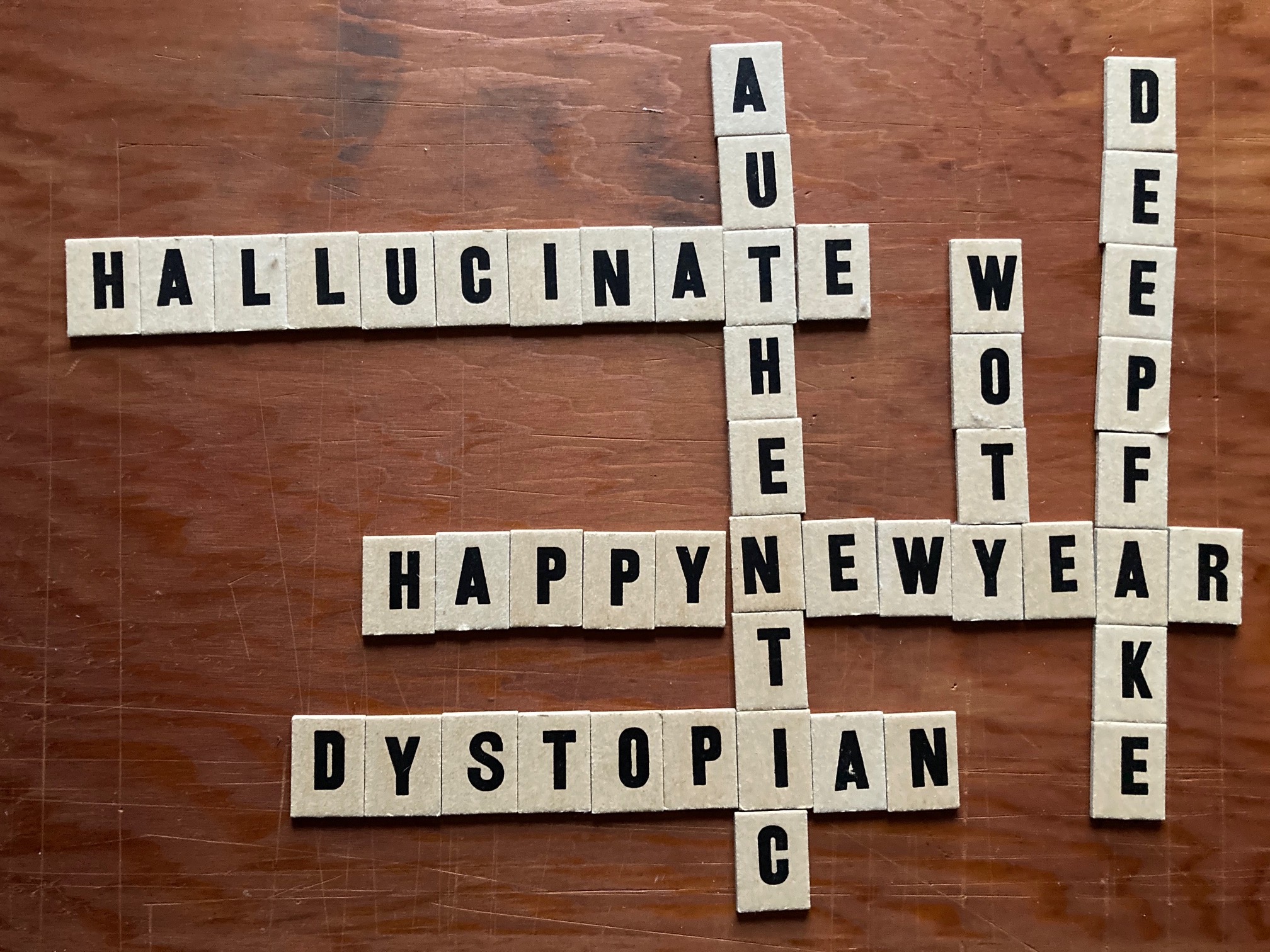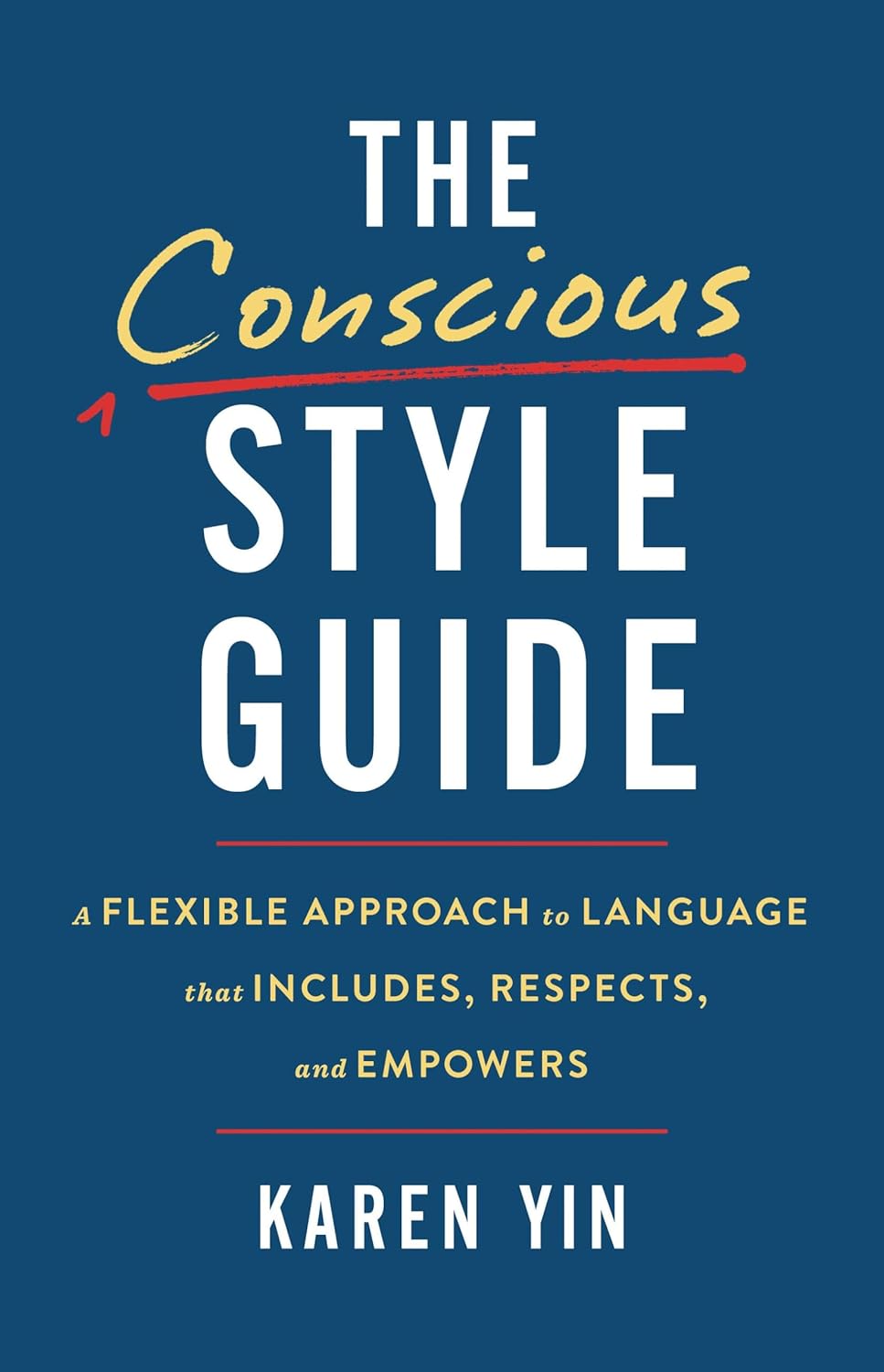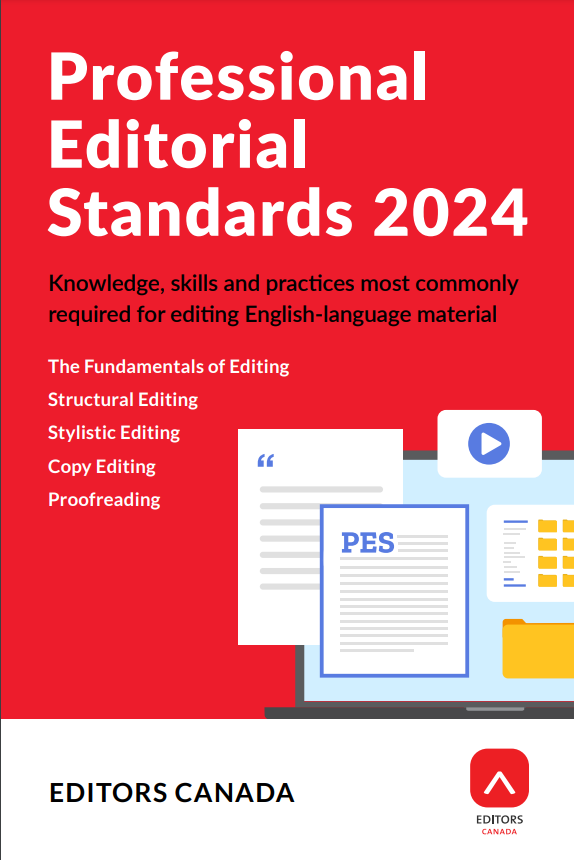Word of the year
 I tend to ignore the announcements popping up in the news at the end of December, heralding the person of the year, athlete of the year, sandwich of the year. But I did pay attention when Merriam-Webster (MW) announced “authentic” as its word of the year (WOTY) for 2023. How could “authentic” be WOTY? I thought that honour was usually given to a new word or a word that has been in the news (like “pandemic” in 2020).
I tend to ignore the announcements popping up in the news at the end of December, heralding the person of the year, athlete of the year, sandwich of the year. But I did pay attention when Merriam-Webster (MW) announced “authentic” as its word of the year (WOTY) for 2023. How could “authentic” be WOTY? I thought that honour was usually given to a new word or a word that has been in the news (like “pandemic” in 2020).
Turns out the MW team that chooses the WOTY bases its choice on “the data on lookup spikes and world events that correlate.” This year, according to Peter Sokolowski, MW editor at large, “there was no particularly huge boost at any given time but a constancy to the increased interest in ‘authentic.’”
Why the interest in authenticity in 2023? One reason was the rise of ChatGPT and other artificial intelligence (AI) chatbots that were, as I noted in my May blog post, generating songs using the voice and style of real artists (without the artists’ permission), flooding magazine submission portals with (not very good) stories, and “interviewing” celebrities. The possibility that AI could be used to generate both scripts and actors was a central point in the Hollywood actors’ and writers’ strikes. And many commenters were concerned that it was becoming hard to tell the difference between authentic photos, videos, or audio recordings and the deepfakes that were showing up online, which contributed to the general dystopian feeling of chaos. (“Deepfake” and “dystopian” were also on MW’s list of widely looked-up words this year.)
In England, Cambridge Dictionary chose “hallucinate” as its WOTY because of the tendency of ChatGPT and other AI tools that use large language models (LLMs) to make up “facts.” The dictionary has now added a definition to the existing ones for “hallucinate”:
When an artificial intelligence (= a computer system that has some of the qualities that the human brain has, such as the ability to produce language in a way that seems human) hallucinates, it produces false information.
Cambridge Dictionary has a very thoughtful writeup about AI on its website, noting that “the limits of generative AI tools are as fascinating as their potential. AI hallucinations remind us that humans still need to bring their critical thinking skills to the use of these tools. Large language models are only as reliable as the information their algorithms learn from. Human expertise is arguably more important than ever, to create the authoritative and up-to-date information that LLMs can be trained on.”
Many writers and editors have picked up on this suggestion that ChatGPT will make the skills editors have even more valuable. Others argue that ChatGPT is a useful tool, like PerfectIt or Hemingway, that can be used to lighten the editorial load by writing first drafts of emails and marketing copy or suggesting catchy titles for blog posts or reports while editors do their editing work. The consensus seems to be that it’s not ready to replace us . . . yet. <3>
This is hopeful news for editors as we enter 2024, although we must be sure to keep our skills up to date and our eyes sharp to ensure we catch AI’s hallucinations and help our writers make their work as authentic as possible.



